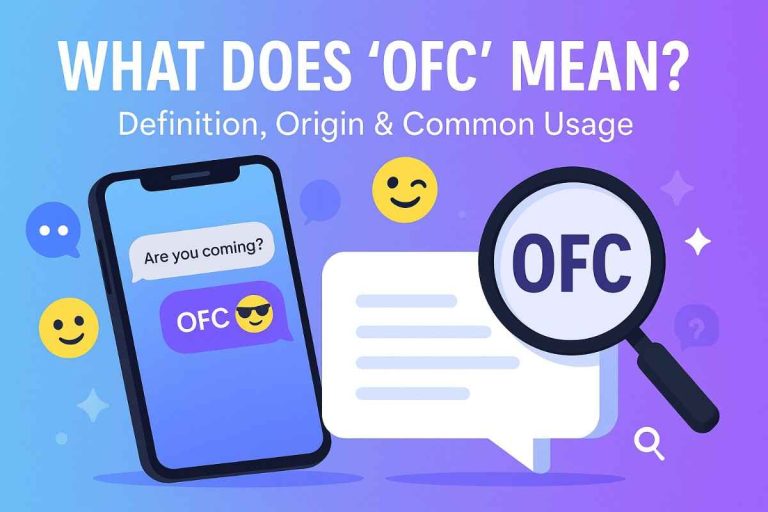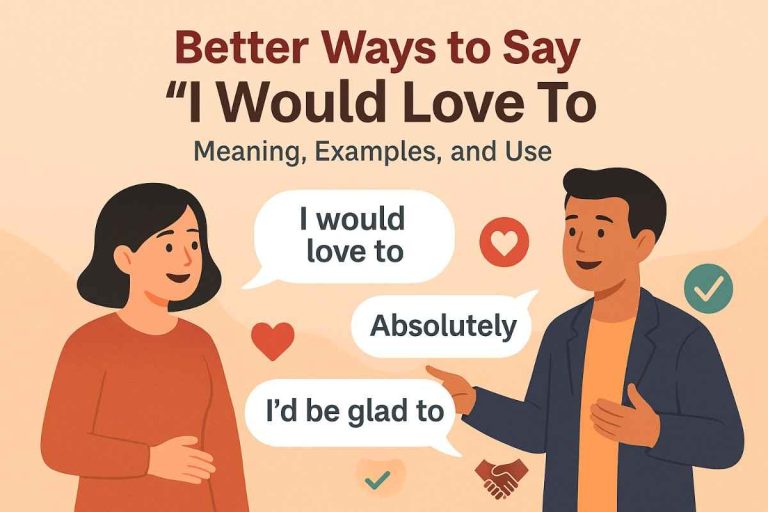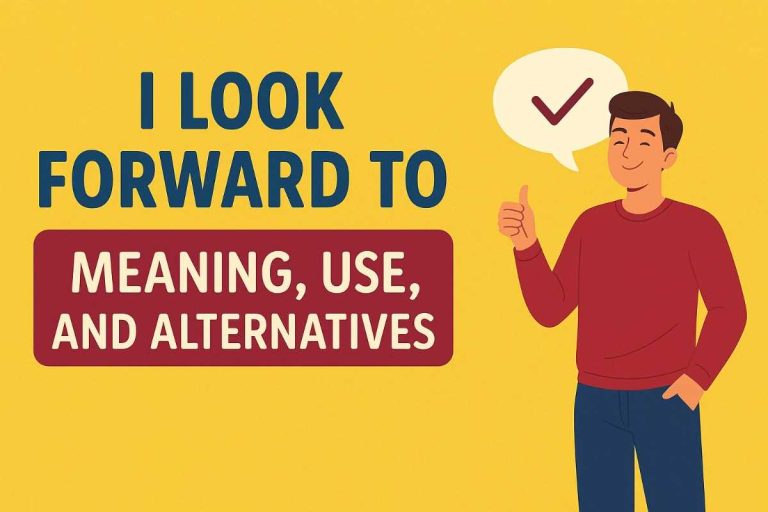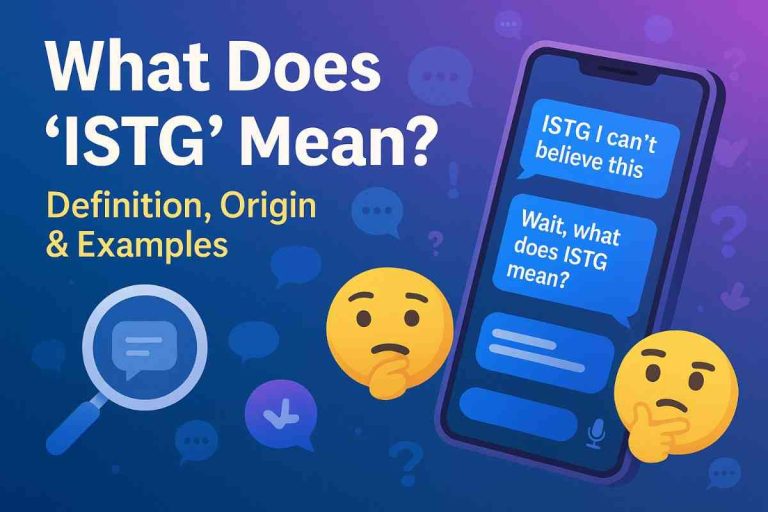What Does “Pookie” Mean and How (and When) to Say It
Let’s be honest—some words just stick with us. They roll off the tongue, make us smile, and somehow carry more feeling than plain old “babe” or “sweetheart.” That’s where “Pookie” comes in.
You might’ve heard it in a rom-com, seen it in a meme, or had someone call you that when they were being extra sweet. It’s cute, playful, and sometimes a little cheesy—but that’s the charm, right? In this article, we’ll break down what “Pookie” really means, when people tend to use it, and how you might work it into your own conversations without sounding like you’re trying too hard.
And hey, if you’re already calling someone “Pookie,” you might be more sentimental than you think.
What Does “Pookie” Mean?
“Pookie” isn’t found in a dictionary with a strict definition, but it’s widely understood as a term of endearment. It’s soft, affectionate, and sometimes a little funny—but never mean-spirited.
It’s most often used between romantic partners or close family members. Think of it like a more personalized “honey” or “baby.” The kind of nickname someone gives you when they’re feeling all warm and mushy inside.
But where did it come from? Honestly, it’s hard to pin down. Some say it started as baby talk, others point to pop culture references from the ’80s and ’90s. It popped up in movies like New Jack City (though with a much grittier tone) and sitcoms where characters throw around silly nicknames like candy.
Bottom line: “Pookie” means whatever you want it to mean—so long as it’s loving.
When to Use “Pookie”
Timing is everything. And “Pookie” has a time and place.
It’s usually dropped during soft moments—when you’re cuddled up on the couch, texting goodnight, or even trying to lighten a tense situation. It’s not something you’d use in a boardroom (unless, somehow, your boss is your spouse—which is a whole other article).
Here are a few common situations where “Pookie” fits right in:
- Romantic texts: “Good morning, Pookie ❤️”
- Playful teasing: “Okay, calm down, Pookie. You’re being dramatic.”
- Reassurance: “You’re doing great, Pookie. Don’t stress.”
- Inside jokes: Sometimes it’s just a word that becomes your word.
Parents sometimes use it with their kids too, though it’s more common in romantic or very close personal relationships. It works best when both people are comfortable with a little extra sweetness.
Find Out More – What Does “Pookie” Mean and How (and When) to Say It
Why Say “Pookie”?
So, why not just stick with “babe” or “love”?
Because “Pookie” adds a layer. It’s not just affectionate—it’s playful. It shows a kind of emotional intimacy where you don’t need to be formal or reserved.
Using nicknames like “Pookie” can:
- Build closeness – It creates a sense of shared language, something unique to your relationship.
- Lighten the mood – Hard to stay mad when someone calls you “Pookie,” let’s be real.
- Express comfort – It says, “I feel safe enough with you to be a little silly.”
- Strengthen emotional bonds – Yep, science backs this one. Couples who use pet names report feeling closer.
It might sound goofy, but that’s kind of the point. It’s a little vulnerable. And vulnerability—especially the sweet kind—can really bring people together.
Synonyms of “Pookie”
If “Pookie” isn’t quite your flavor but you still want something cutesy, you’ve got options. Tons of them. Some more classic, others even more offbeat.
Here are a few common synonyms:
- Boo
- Bubba
- Honeybun
- Snugglebug
- Pumpkin
- Lovebug
- Sweetie
- Muffin
- Babycakes
- Peaches
Each of these has its own vibe. “Pumpkin” feels more old-school. “Snugglebug” leans into cozy territory. “Boo” is popular in Black communities and pop culture.
You can mix and match, too. No rule says you can’t call someone “Pookie Muffin” if you’re really feeling it.
Different Ways to Say “Pookie”
Maybe you’re not ready to say it out loud. That’s okay. Here are some different ways to work “Pookie” into your life—spoken and unspoken:
- Texting: Add emojis, GIFs, or pet name combos: “Heyyy Pookie 🐻❤️”
- Nicknaming in your phone: Label their contact name as “My Pookie” (don’t act like you haven’t done that).
- Inside jokes: Use it in funny contexts to give it your own spin.
- Voice tone: Sometimes it’s not what you say but how you say it. A soft “Pookie” in a sleepy voice? Melts hearts.
- Shorten or stretch it: Try “Pooks,” “Pook-Pook,” or even a drawn-out “Pooooookie!” when being dramatic.
If you’re shy about it, try slipping it in during a lighthearted moment. Gauge the reaction. Most people either laugh or blush—and both are wins in the right relationship.
Conclusion
“Pookie” isn’t just a word—it’s a feeling. It’s comfort, affection, and maybe a little bit of ridiculousness all rolled into one. But that’s the magic.
Whether you’re deep in a relationship, building a new one, or just like having fun with language, “Pookie” is a soft, flexible nickname that says, “I care about you, and I’m not afraid to show it.”
Try it out. Or don’t. But if someone calls you Pookie, don’t be too quick to roll your eyes. It just means you’re loved—silly name and all.







